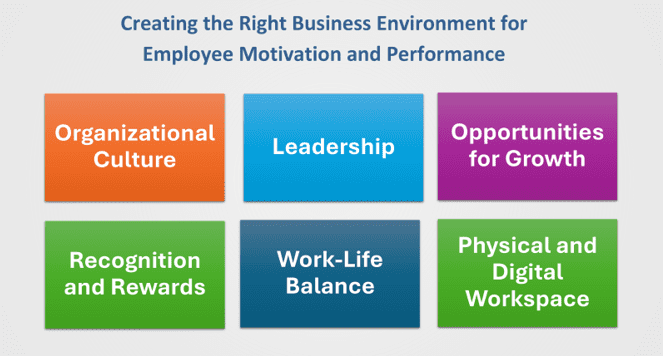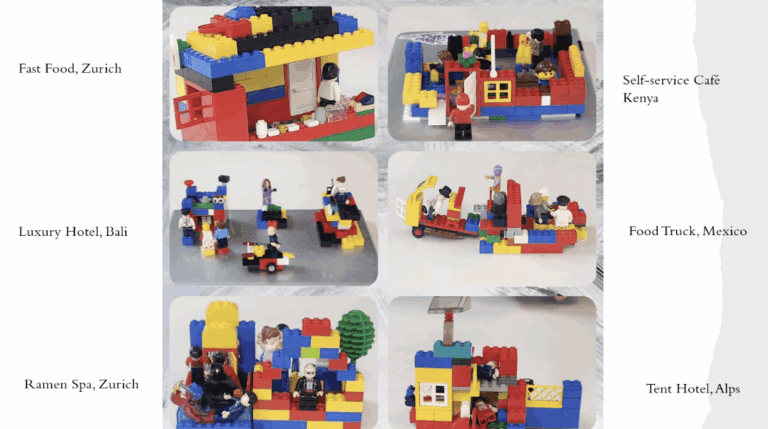I’ve had the pleasure of knowing Shane Green for more than a decade. Over the course of his career, Shane has held leading operational positions at some of the most luxurious hotels and hotel companies around the world. Recently, he has re-focused his efforts with his training solutions company, SGEi. As President and Founder of SGEi, Shane leads a team of professionals who inspire iconic brands ranging from NBA to Net Jets Inc. and BMW to MGM Resorts International to “reprogram” their employees’ experiences, mindsets, and service habits to create loyal customers and raving fans.
Shane and I sat down to discuss some pressing questions, challenges and solutions about how we should be dealing with our newest and most important customer, the millennial generations’ workforce.
 87% of millennials say they want their jobs to be development opportunities. As a new generation of employees is promoted to their first supervisory or management role, organizations continue to fail to set them up for leadership success. As a result, a lack of leadership abilities and understanding causes poor performance, increased turnover, and an inability to deliver excellent customer service. The root of the problem stems from first-time supervisors and managers not being instructed which customer they need to focus on.
87% of millennials say they want their jobs to be development opportunities. As a new generation of employees is promoted to their first supervisory or management role, organizations continue to fail to set them up for leadership success. As a result, a lack of leadership abilities and understanding causes poor performance, increased turnover, and an inability to deliver excellent customer service. The root of the problem stems from first-time supervisors and managers not being instructed which customer they need to focus on.

One of the first lessons Shane learned as a new supervisor at the Ritz Carlton Hotel Company was that the guests were no longer his most important priority—it was now the employees (or his internal customers). Unfortunately, many new supervisors or managers do not know how to prioritize or take care of their employees. The problem is that the industry doesn’t start teaching new supervisors or managers any leadership habits until they have a title, which is a huge mistake. As a result, many supervisors and managers focus on the operation or their external customers’ experience rather than their employees’ experience—which is often why many companies have many managers, but few have leaders.
Leadership is about a person’s ability to work through their team to achieve the desired results by motivating, guiding, and supporting them to want to deliver the desired results. When new supervisors or managers are more focused on their operation or external customers over their internal customers, employees feel neglected, and their performance suffers.
To develop great leaders, the senior leaders need to prioritize their development a lot sooner in their career. They must prepare future leaders for their internal customer responsibilities from the time they graduate their onboarding process and start mastering their daily routines. So, how can they be preparing them or what can they be equipping them with? Based on Shane’s experience working with frontline supervisors or managers, he suggests the following areas be focused on before any title is given:
Begin with the administrative tasks
Even though many of these tasks may not seem very leadership-oriented, there is one task that is extremely important—to ensure your employees are paid. Also, employees want to get the schedule they want and the breaks they need on time. Get high-performing staff involved in completing these mundane yet essential tasks early so that they understand how to keep these basics from being an excuse for lack of performance. Provide training on policies regarding payroll, vacations, and breaks so that all future leaders are confident on how to complete these critical issues easily.
Make safety a priority
Every supervisor needs to ensure that the safety of their team is a top priority, so teach them proper safety procedures early on. No one comes to work to get injured, yet nothing weighs more on the mindset of an employee if they think they may be in danger. Employees should be aware of common safety concerns and be trained early on how to correct potential issues. Partner with Risk Management to provide relevant trainings on workplace safety.
 Teach them how to train others correctly
Teach them how to train others correctly
Your best employees, those who deliver ideal results and adhere to the values of the organization, should be the mentors and trainers for all new staff. Teach future leaders about adult learning theories, effective communication techniques, and how to give consistent feedback. Teaching these skills will establish a foundation of essential leadership habits around communication and coaching.
Unfortunately, supervisors lack many of these necessary habits today. By teaching high-performing employees these skills and then providing them opportunities to practice in a safe environment, you will quickly know if those employees have the right disposition to be your next generation of leaders. Developing your team members to train, communicate, and give feedback effectively are essential leadership building blocks.
Ensure they are inclusive
It is critical that future leaders are introduced to diversity training and can identify issues within a group of people before they get a title. When Shane first became a supervisor and started to consider whether all members of his team really had a sense of belonging, he was surprised at the duress some of his team came under from their peers. Potential leaders need to be taught how to have conversations with staff who need to feel more a part of the team while also having the tough conversations with those who make others feel left out.
In today’s work environment, the next generation of leaders needs to understand the importance of building one team that respects each other, their backgrounds, and their ideas. Too often, companies take respect for granted, yet based on the number of issues on harassment and inappropriate conduct coming to light, this topic is essential for new leaders to understand.
Make them responsible for improvement
Potential leaders need to take ownership for improving the business and achieving goals. To demonstrate their business acumen, future managers must understand the objectives of a company and the measurements by which success or failure is determined—this might begin with an understanding of profit and loss but should also include knowing about the organization’s market share, customer satisfaction, employee engagement, and social responsibility. Once an employee understands goals and measurements, they should be given the responsibility to achieve a department goal or improve an element of the operation. It is essential to see these employees apply business sense, methodologies, and resources in such a way that yields improvement.
The challenge for many first-time supervisors or managers is that they have to focus so much on their development once they get a title while simultaneously managing their operation that they are unable and unprepared to focus on the success of their team. While new leaders need to master many other priorities, the ones suggested above can be developed before any title is given, which ensures the foundation of leadership is set.
In concluding with Shane, he left me with one of Howard Shultz’s, CEO of Starbucks, best quotes:
“Our priority was to take care of our people because they were responsible for communicating our passion to our customers. If we did that well, we’d accomplish our second priority, taking care of the customer. And only if we achieved both of those goals would we be able to provide long-term value to shareholders.”
When your new leaders are focused on their staff, everyone wins, but it requires organizations to prepare them fully before they get that first title.


 Teach them how to train others correctly
Teach them how to train others correctly















